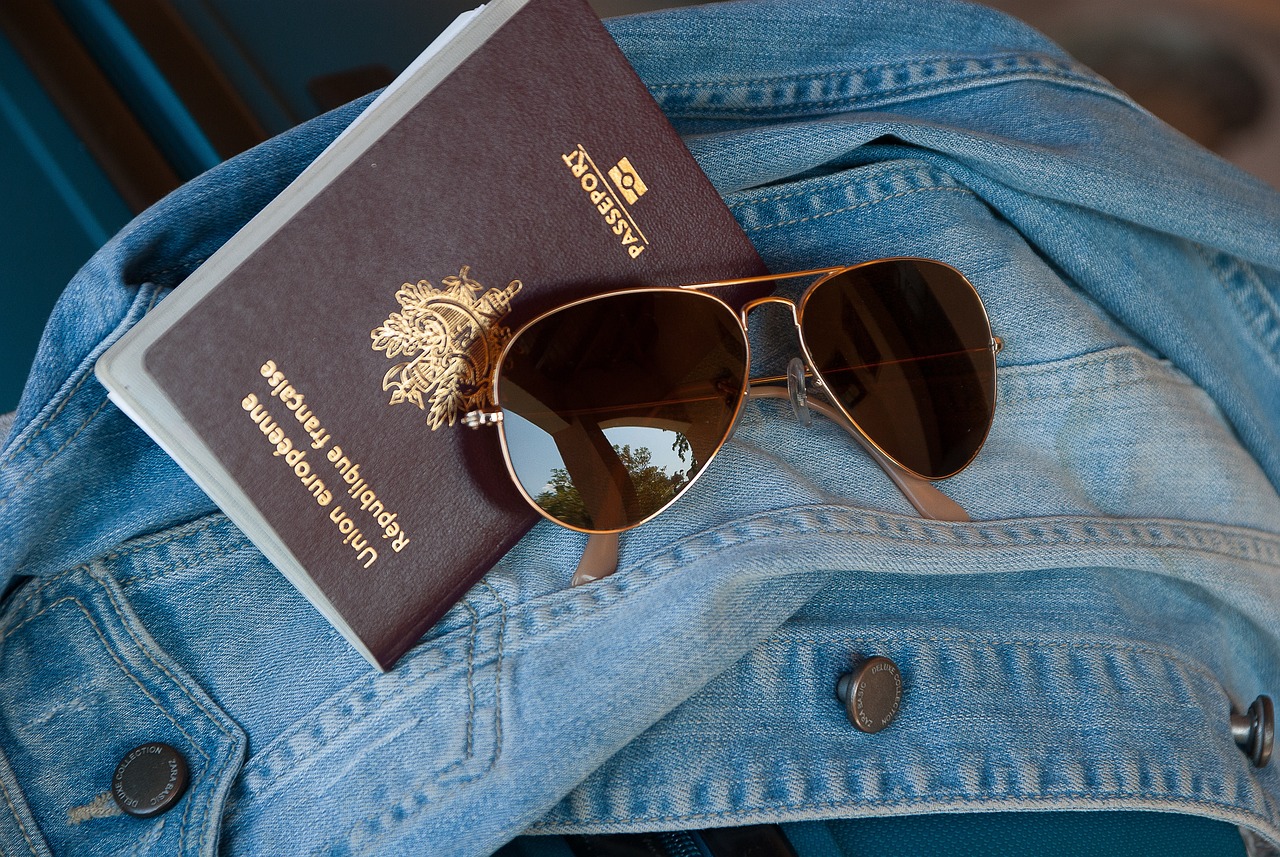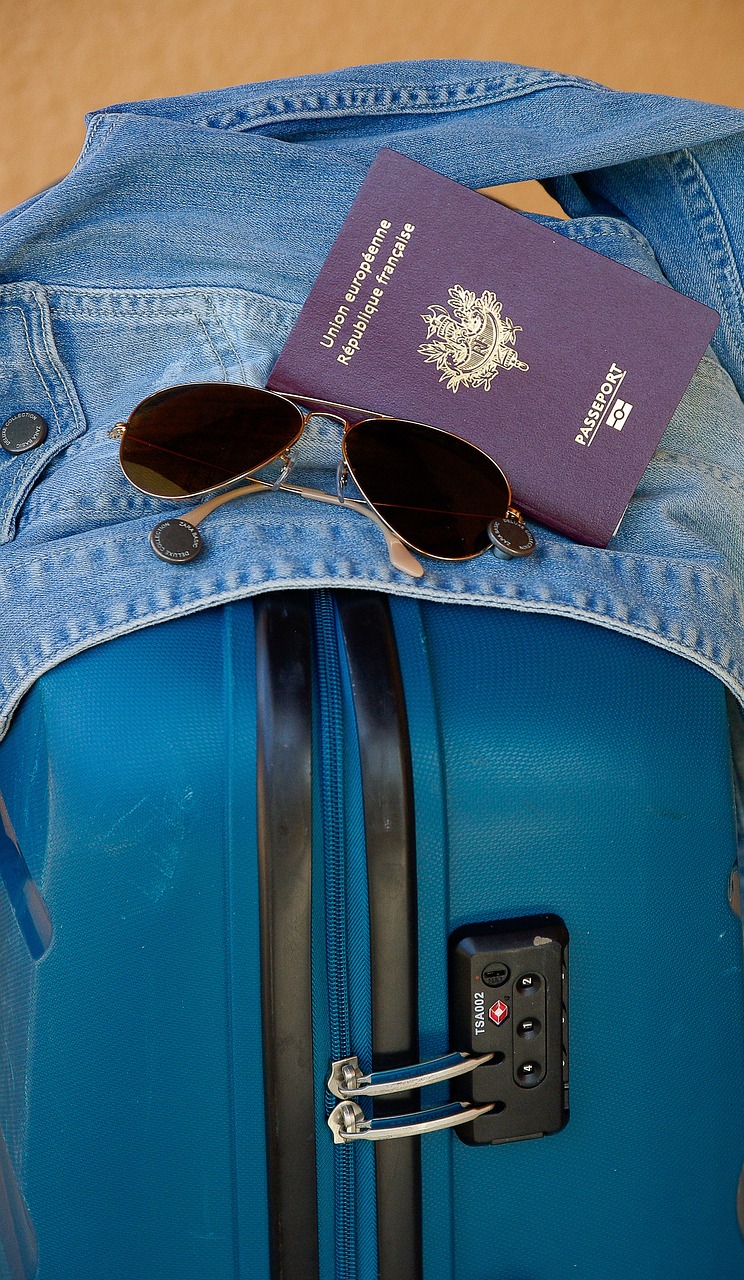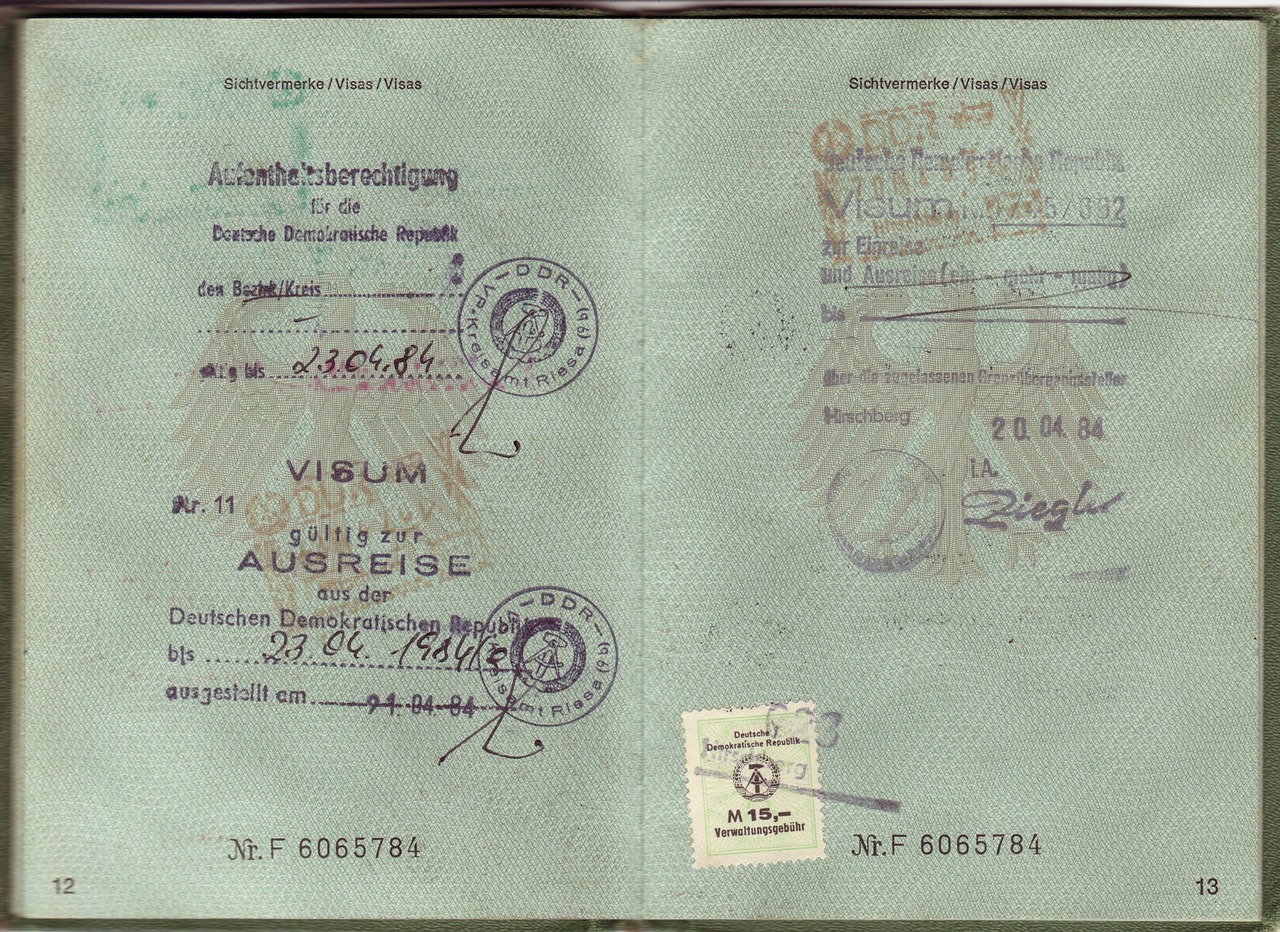What to Do If Your Tajikistan eVisa Application is Denied
Getting your Tajikistan eVisa denied can be a frustrating experience, but it doesn’t mean your travel plans are entirely doomed. Understanding the next steps and alternative options can help you navigate this situation smoothly. If your eVisa application has been turned down, don’t worry; there are multiple ways to resolve the issue and still enjoy your trip to Tajikistan. This guide will walk you through the process, common issues faced by applicants, and the steps you can take if your application is denied. By following the outlined tips and strategies, you can improve your chances of a successful visa application on your next attempt.
Before diving into the specifics, it’s important to understand the overall eVisa application process for Tajikistan. Knowing the common pitfalls and success stories can provide valuable insights. For instance, some tourists like Bruno and Marianne have successfully obtained their eVisas without any trouble, while others like Feico Boomkens and Melissa Down have faced significant challenges. By learning from these experiences, you can better prepare your own application and avoid common mistakes.
| Information | Description |
|---|---|
| Introduction of eVisa in 2016 | The electronic visa system was launched to simplify the visa process for travelers. |
| Common issues faced | Some applicants face difficulties like no response, payment failures, and lack of notifications. |
| Government actions | A special working group was created to simplify the eVisa process. |
| Alternative solutions | Applying to the consular department, using travel company services, and exploring other visa options. |

Understanding the Tajikistan eVisa Process
Introduction to the eVisa System
Tajikistan introduced the eVisa system in 2016 with the goal of simplifying the visa application process for foreign visitors. This system allows travelers to apply for and receive their visas online, without the need to visit an embassy or consulate. The eVisa is a convenient option for many tourists, offering a streamlined process that can be completed from the comfort of your home. However, like any system, it is not without its challenges. Understanding the basics of the eVisa system can help you navigate potential issues more effectively.
Launch of the Electronic Visa System in 2016
The electronic visa system was officially launched on June 1, 2016, allowing citizens from 112 countries to apply for visas online. This was a significant step forward for Tajikistan, aiming to boost tourism by making it easier for visitors to obtain travel permits. Despite the initial success, the system has faced some criticism and challenges over the years. Learning about the history and development of the eVisa system can provide context for the issues some applicants face today.
Goals and Objectives of the eVisa
The primary goals of introducing the eVisa system were to simplify the visa application process, reduce wait times, and attract more tourists to Tajikistan. By making it easier for travelers to obtain visas, the government hoped to boost the country’s tourism industry and stimulate economic growth. While the system has achieved some of these objectives, there are still areas for improvement. Understanding the goals behind the eVisa system can help you appreciate its benefits and limitations.

Common Issues Faced by Applicants
Difficulties in Obtaining eVisas: Case Studies
Despite the convenience of the eVisa system, some applicants have reported significant difficulties. For example, tourists Feico Boomkens and Melissa Down faced challenges such as no response after application and payment failures. On the other hand, travelers like Bruno and Marianne had no issues and received their eVisas quickly. These contrasting experiences highlight the variability in the eVisa process. Learning from these case studies can help you avoid similar pitfalls.
Feico Boomkens: No Response After Application
Feico Boomkens filled out his application for an electronic visa but received no response. Frustrated and unsure of the next steps, he had to apply to the consular department and the consulate to resolve the issue. This experience underscores the importance of following up on your application if you don’t receive a timely response. Ensuring you have all the necessary documentation and being proactive in following up can help prevent similar issues.
Melissa Down: Payment Failures and Lack of Notifications
Melissa Down faced a different set of challenges: her electronic visa application was not accepted due to payment failures, and she received no notifications regarding the status of her application. This lack of communication can be particularly frustrating. To avoid such issues, double-check your payment details and ensure you have a reliable way to receive notifications from the eVisa system.
Bruno and Marianne: Successful Applications
Not all experiences with the eVisa system are negative. Bruno and Marianne, for instance, easily received their electronic visas without any problems. Their success can be attributed to careful adherence to application guidelines and ensuring all required information was accurately provided. By following best practices and learning from successful applicants, you can increase your chances of a smooth application process.

Impact on Tourism
Decline in Tourist Numbers
Despite the introduction of the eVisa system, the number of tourists visiting Tajikistan has declined. This decrease can be attributed to a variety of factors, including the difficulties some travelers face when applying for eVisas. The government has recognized these issues and is working to address them. Understanding the broader impact of the eVisa system on tourism can provide context for individual application challenges.
Complaints from Travel Companies
Travel companies have also voiced their concerns about the eVisa system. Directors like Umeda Kurbonbekova and Dilovara Bahromova have complained about the difficulties their clients face when trying to obtain electronic visas. These industry leaders are advocating for improvements to the system to make it more user-friendly. Listening to feedback from travel professionals can offer insights into common issues and potential solutions.
Umeda Kurbonbekova and Dilovara Bahromova: Complaints from Industry Leaders
Both Umeda Kurbonbekova and Dilovara Bahromova, leaders in the travel industry, have been vocal about the challenges posed by the eVisa system. They have highlighted issues such as application rejections and lack of communication, which have affected their businesses. Their experiences underline the need for ongoing improvements to the eVisa process. Engaging with industry feedback can help identify areas for improvement and enhance the overall travel experience for tourists.

Government Actions to Address eVisa Issues
Creation of a Special Working Group
In response to the challenges faced by eVisa applicants, the Tajik government created a special working group to simplify the process. This group is focused on identifying and addressing the main issues, ensuring a smoother application experience for future travelers. The formation of this working group is a positive step towards resolving the problems associated with the eVisa system.
Steps Taken to Simplify the Process
The government has taken several steps to simplify the eVisa application process. These measures include improving the online platform, providing clearer instructions, and enhancing communication with applicants. By making these changes, the authorities aim to reduce the number of application rejections and improve overall satisfaction. Staying informed about these improvements can help you navigate the eVisa process more effectively.
Numon Abdugafforzoda and the Committee on Tourism Development
Numon Abdugafforzoda, Chairman of the Committee on Tourism Development, has been instrumental in addressing eVisa issues. Under his leadership, the committee has implemented various initiatives to make the visa application process more efficient. These efforts are part of a broader strategy to boost tourism and make Tajikistan a more attractive destination. Understanding the role of the Committee on Tourism Development can provide insights into the ongoing efforts to improve the eVisa system.

Alternative Solutions for Denied eVisa Applications
Applying to the Consular Department and Consulate
If your eVisa application is denied, one of the first steps you can take is to apply directly to the consular department or consulate. This traditional method can sometimes offer more personalized assistance and help resolve issues that the online system cannot. Being prepared with all necessary documentation and following up diligently can increase your chances of success with this approach.
Utilizing Travel Company Services
Another option is to use the services of a travel company. Agencies like those led by Umeda Kurbonbekova and Dilovara Bahromova often have experience dealing with visa issues and can provide valuable assistance. These companies can help ensure that your application is complete and meets all requirements. Leveraging the expertise of travel professionals can save you time and reduce the stress associated with visa applications.
Exploring Other Visa Options
If the eVisa application continues to pose challenges, consider exploring other visa options. Depending on your nationality and travel plans, alternative visas might be available that better suit your needs. Researching these options can provide a backup plan in case your eVisa application is unsuccessful. Having a contingency plan can help you stay flexible and ensure that your travel plans are not derailed.

Looking Forward: Future Developments
Ongoing Efforts to Simplify the eVisa Process
The Tajik government continues to work on simplifying the eVisa process. Ongoing efforts include further improvements to the online application system, better communication with applicants, and more efficient processing times. These initiatives aim to make the eVisa system more user-friendly and reliable. Staying updated on these developments can help you take advantage of the latest improvements in the application process.
The Potential Impact of the Silk Road Project
The Silk Road project is expected to have a significant impact on tourism in Tajikistan. By improving infrastructure and connectivity, the project aims to attract more visitors to the region. However, the success of this initiative will depend on resolving existing issues with the eVisa system. Understanding the potential benefits and challenges of the Silk Road project can provide a broader perspective on the future of tourism in Tajikistan.
Infrastructure Improvements: Roads and Highways
Improvements to roads and highways are also critical for boosting tourism in Tajikistan. Projects like the construction of a highway between Tajikistan and Pakistan by the Aga Khan Fund aim to enhance connectivity and accessibility. These infrastructure developments, coupled with a more efficient eVisa system, can significantly boost the country’s appeal as a tourist destination. Keeping an eye on infrastructure projects can help you plan your travel more effectively and make the most of your visit to Tajikistan.
Originally posted 2024-08-06 22:16:16.
